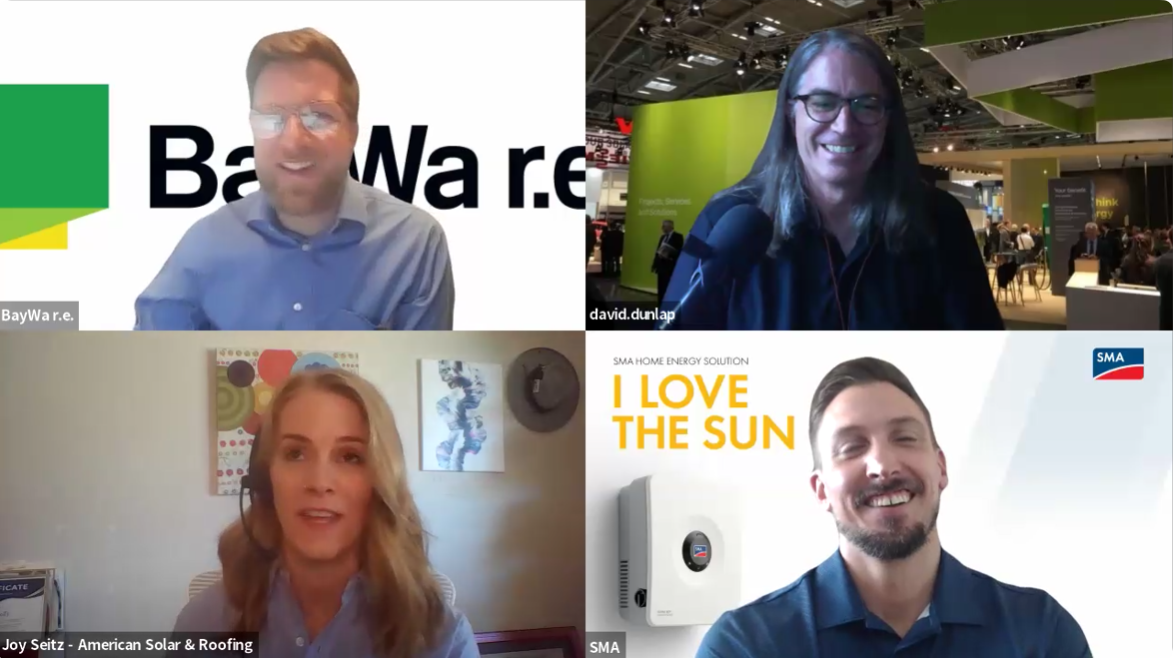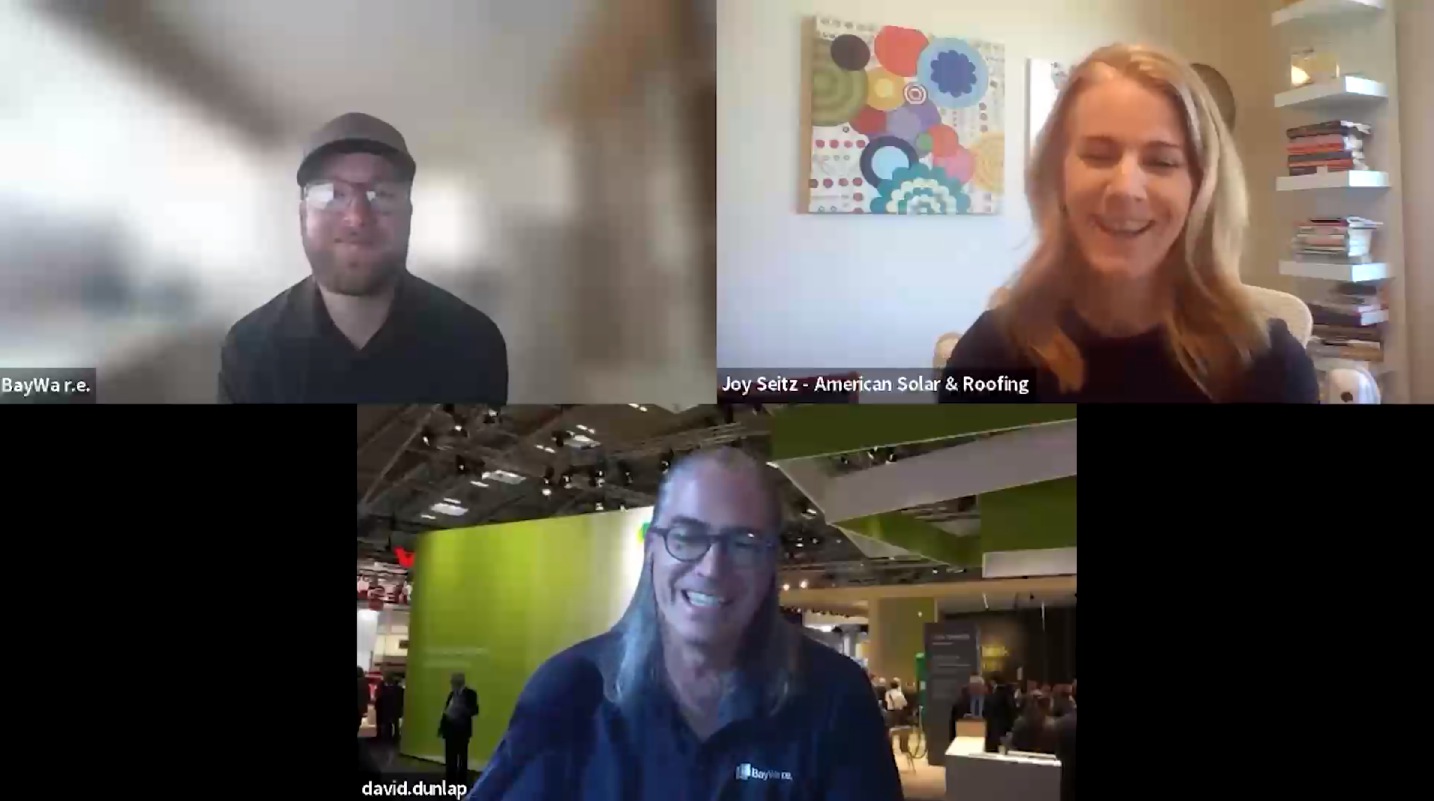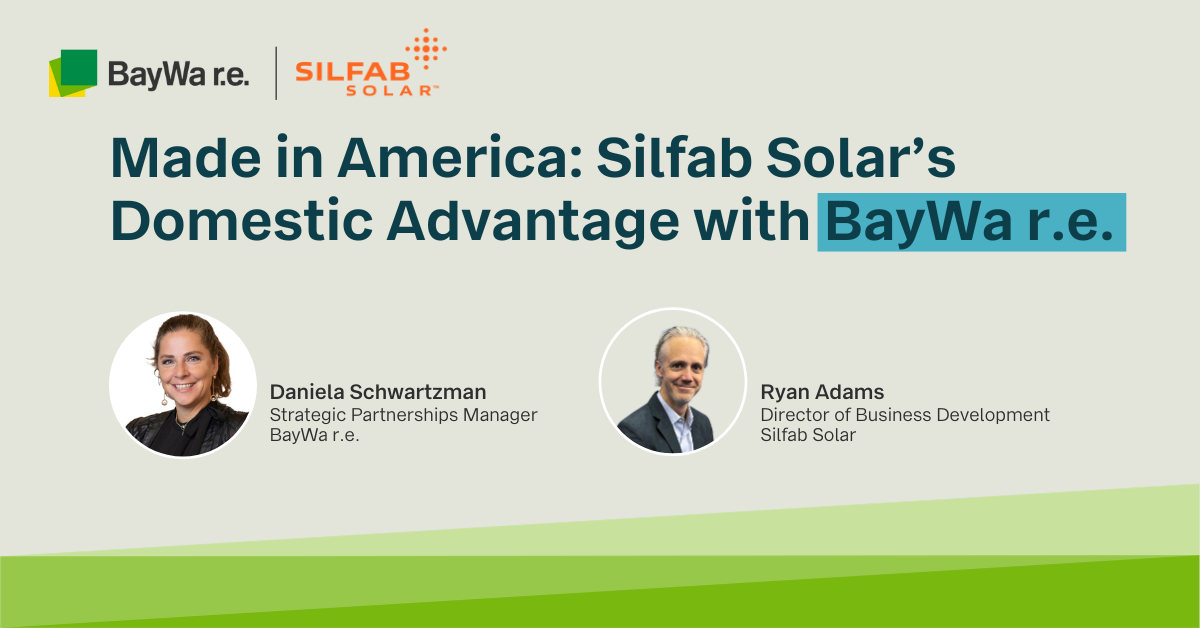
By Ira-Sofia Giovanetti
In 2020, we conducted an internal survey and found that many employees felt they didn’t have a voice. They saw our organization as left-leaning (politically) and felt that we only supported “liberal” viewpoints. In addition, employees felt that this left-leaning dominance had increased since we formed our DEI Committee in November of 2018. Some respondents perceived our company culture as “monolithic,” with employees holding non-majority opinions feeling excluded rather than welcomed.
In our analysis, we identified this as a symptom of “viewpoint homogeneity.”
What is “viewpoint homogeneity?”
Viewpoint homogeneity occurs when most employees in a workforce share the same political or ideological perspectives.
What are the impacts of “viewpoint homogeneity?”
A culture that implicitly or explicitly signals to employees that some ideologies are endorsed or preferred inhibits an environment for constructive disagreement and diversity of opinions.
At an individual level, employees might feel pressure to comply with a dominant or majority viewpoint. They might not feel comfortable bringing their “whole selves” to work. They might not speak up, disagree, or share their opinions for fear of retribution or from being ostracized. As a result, diverse perspectives may not be captured and considered, and some employees may feel excluded.
What are we hoping to achieve?
Disagreement is an important ingredient for a balanced team. Those who bring a difference in perspective will make the team be stronger by helping to challenge norms, and thinking in new ways. The Heterodox Academy article Diversity Is Not Enough: Why Collective Intelligence Requires Both Diversity and Disagreement provides more insight on this approach.
We want to welcome, value, and appreciate different viewpoints and use them to our advantage. We believe that diverse opinions, perspectives, and input can lead to greater creativity and better overall decisions. We do not want to create a hostile environment for people who think differently from the majority.
In addition, rather than trying to avoid conflict or misunderstanding, we want our employees to have the tools and confidence to constructively discuss different viewpoints. We want employees to be able to manage conflicts, grow closer together and, ultimately, help drive innovation and positively impact the work environment through effective collaboration.
To summarize:
The big insight from our employee survey and subsequent conversations is that being “diverse” includes accounting for “diversity of thought.” Everyone has a unique path in life, a different background, their own story, and their own experiences, and these differences are the foundation of diversity.
We want to build a culture in which we understand and appreciate different points of view—no matter how much they might differ from majority-held beliefs. This is our new DEI focus.
So, with all that, what steps are we taking to change our DEI focus?
Rather than having a separate DEI committee, we decided to integrate DEI into our processes at all stages of the employee lifecycle.
Going forward, we will integrate DEI into our culture onboarding series, “BayTalk,” to equip employees with the tools to disagree constructively.
In addition, we will work with an external consultant to help support our shift in DEI focus. After talking to several organizations, we found one that aligns with our values: Moral Courage, founded by Irshad Manji. Moral Courage’s goal is to prepare people to turn disagreement into engagement and— ultimately—into shared action. According to its website, Moral Courage stands for “diversity without division.”
To lay the foundation for our new DEI approach, we will begin with Moral Courage’s self-paced online course for our employees. After that, we will get our company “Moral Courage Certified,” so that potential future employees know that they have a place at BayWa r.e., regardless of their political views (within the bounds of reasonable anti-discrimination and anti-harassment policies). Beyond that, we plan to sponsor several employees each year to earn the “University Certification of Moral Courage Mentors.”
This collaboration will start in Fall 2021, and we’ll make sure to let you know how it is going.
Additional Reading
If this caught your interest and you would like to learn more, you can
- Check out the book “Moral Courage” founded by Irshad Manji
- Read the Discourse Magazine article Groups Are Not Monoliths
- Read the Heterodox Academy article Diversity Is Not Enough: Why Collective Intelligence Requires Both Diversity and Disagreement

Since 2019, Ira-Sofia has held various roles at BayWa r.e. including Returns Manager, PX Program Manager, and PX Generalist. Currently, she guides the Leadership Team's approach to Scrum, removing obstacles and distractions from daily work and ensuring the entire team is focused to meet their goals.
BayWa r.e. Solar Distribution supplies residential and commercial solar installers in the United States with quality solar + storage components, forecasting, business planning advice, and a community of experts. Visit www.solar-distribution.com to engage with our team, read our industry insights articles, and stream our Solar Tech Talk podcasts and recorded webinars on YouTube and Spotify. Follow us on LinkedIn and Facebook to stay connected. Ask us about our Financing Program and use our industry-leading Webstore to save time, get gear shipped, and get jobs done!
Part of the BayWa r.e. Global family of renewable energy companies.




